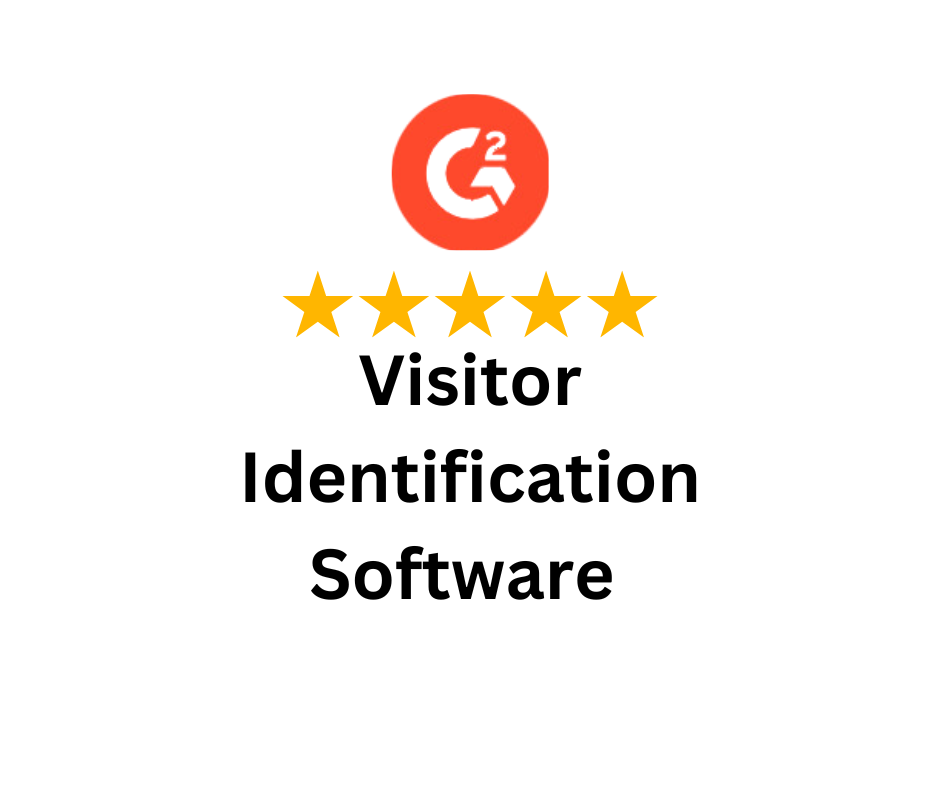Search engines process close to 9 billion queries daily, with Google accounting to the majority in this number.
This massive search volume shows how a large number of people seek information online. The way search works has changed dramatically in recent years.
Many marketers still focus only on keywords. However, this approach worked well in the past. Today’s search algorithms need a different strategy. Understanding keywords vs topics in SEO makes the difference between success and failure.
Read on to learn everything you need to about modern SEO strategy, from keywords and topics in SEO to practical examples from real businesses.

Keywords are specific words and phrases that people looking for something type into search engines to find what they’re looking for. In SEO terms, keywords represent user search queries.
Keywords started as the very foundation of search engine optimization, and early algorithms matched exact words between queries and web pages. Websites ranked higher when they contained exact keyword matches.
While this approach dominated SEO strategies for many years, today’s search engines use keywords differently. They understand synonyms, context, and user intent better and work within broader semantic frameworks. Modern algorithms analyze keyword relationships and topic connections.
The role of keywords vs topics in SEO has shifted significantly. Keywords now serve as entry points to broader topics. They help search engines understand what content covers. Smart marketers use keywords to support topic authority building.
Primary Keywords
Long-tail Keywords
LSI Keywords
Intent-based Keywords
Understanding keywords vs key topics helps you choose the right approach. Each keyword type fits different content strategies. Smart marketers match keyword types to user journey stages.
While this may sound confusing to many, you can opt for professional, AI-powered SEO Tools that can help you identify the right keywords to fit your content and overall marketing strategy. This helps you find untapped keyword opportunities that competitors cannot or don’t yet use, which gives you leverage to pull more traffic to your website.
For instance, a trusted roofing contractor and green solutions provider in the U.S. saw a 50% increase in lead quality just by using the right SEO Tools to use effective keywords in their content as well as ads. 
Topics are the subject areas that cover multiple related keywords. In SEO, topics represent broad themes that connect related content pieces.
Topics differ from traditional keyword targeting in important ways. While keywords focus on specific search terms, topics encompass entire subject areas with multiple subtopics.
Topic modeling helps search engines understand content relationships. It identifies connections between different pieces of content. Google’s Knowledge Graph uses topic modeling extensively. This system connects entities, people, places, and concepts.
The topics vs keywords debate reflects search engine evolution. Modern algorithms demand comprehensive topic coverage, and this shift requires different content planning approaches.
Topical authority means being recognized as an expert source. Search engines identify authoritative sites through content depth and quality. Authority develops when you consistently publish valuable topic-related content.
Benefits of Building Topical Authority:
Real Authority Example:
Healthline, a major health information providing website in the U.S., dominates health-related searches through comprehensive topic coverage.
It publishes detailed articles on specific conditions, and each article links to related health topics. This strategy creates a web of authoritative content.
Building Topical Authority Process:
Note: The keywords vs topics in SEO debate isn’t about choosing one. Smart strategies combine both approaches effectively.

Keyword-Focused Scenarios Work Best For:
Topic-Focused Scenarios Excel For:
Choosing the Right Approach
Consider your goals before deciding on strategy. Short-term traffic often benefits from keyword targeting, while long-term authority building requires topic-focused approaches. Most successful strategies strategically combine both methods.
Company Background:
An online electronics retailer that sold consumer electronics through their website struggled with product page rankings, as competition from major retailers made ranking difficult.
Challenge:
The product pages weren’t appearing in search results. Generic product descriptions failed to rank well and needed better visibility for specific products.
Keyword-Focused Solution:
Results After 6 Months:
Key Lessons:
Keyword targeting works excellently for product pages. Specific model numbers and features drive qualified traffic. Commercial intent keywords convert better than generic terms.
Company Background:
A project management software company wanted thought leadership, but its blogs received minimal organic traffic. Competitors dominated industry-related searches consistently.
Challenge:
Users couldn’t find their educational resources and content failed to rank well. Better visibility was needed for industry topics.
Topic-Focused Strategy:
Results After 12 Months:
Authority Building Benefits:
Company Background:
A digital marketing agency combined both strategies effectively, and used keywords for service pages. Topics helped build authority through blogs.
Implementation:
Superior Results:
This case proves that keywords vs topics in SEO work best together. Strategic combination delivers superior results than single approaches.
Topic Identification Methods:
Start by understanding your audience’s broader interests. Look beyond individual keywords to see complete subject areas. This approach reveals content opportunities you might miss otherwise.
Mapping Topic Relationships:
Create visual maps showing how topics connect. Main topics branch into subtopics naturally. This structure guides your content creation process. It also reveals internal linking opportunities.
Competitive Topic Analysis:
Study what topics your competitors cover well. Find gaps in their content coverage. These gaps represent opportunities for your content. Focus on areas where you can provide better value.
Natural Keyword Research Process:
Find keywords that naturally fit within your topics. Don’t force keywords into content where they don’t belong. Natural integration improves user experience significantly.
Integration Techniques That Work:
Avoiding Keyword Stuffing:
Modern search engines penalize obvious keyword manipulation. Focus on providing value to readers first. Keywords should support your message, not dominate it. Natural language always works better than forced optimization.
Semantic Keyword Identification:
Find related terms that support your main topics. These semantic keywords help search engines understand context. They also provide more opportunities for ranking.
Hub and Spoke Content Model (Topic Cluster Model)
Create main topic pages that serve as content hubs. Link related subtopic pages from these hubs. This structure helps both users and search engines. It demonstrates your expertise in topic areas.

Strategic Internal Linking
URL Structure Optimization
Organize URLs to reflect your topic hierarchy. Use clear, descriptive paths that make sense. This structure helps users navigate your site. It also signals topic relationships to search engines.
Content Depth vs Breadth Decisions
Decide whether to create comprehensive long-form content. Sometimes multiple shorter pieces work better. Consider your audience’s preferences and search behavior. Both approaches can succeed with proper execution.
Key Performance Indicators (KPIs)
Essential Tracking Tools
Optimization and Iteration:
Review performance data monthly to identify trends, and update content based on user behavior and feedback. This ongoing process ensures sustained success.
Many marketers still focus too heavily on keyword density, which can result in over-optimization. This approach often hurts user experience significantly, because:
Solution and Best Practices:
Write for humans first, search engines second. Use keywords naturally within valuable content. Focus on answering user questions thoroughly. Let keyword usage flow naturally from comprehensive coverage. In 2025, both keywords and topics in SEO are equally important.
Search engines understand topic relationships better than ever. Therefore, missing semantic connections limits your content’s potential reach, and isolated content pieces miss ranking opportunities.
Lost Authority Opportunities:
Solution and Best Practices:
Map out topic relationships before creating content. Plan how pieces will connect and support each other. Create natural bridges between related topics. This strategy builds stronger topical authority.
Switching between keywords and topics without clear strategy confuses audiences. Mixed messaging also makes it harder to build authority, whereas consistency helps establish expertise in specific areas.
Strategy Alignment Importance:
Solution and Best Practices:
Develop clear guidelines for content creation. Train team members on strategic approaches. Regular audits ensure strategy adherence. Consistent execution delivers better long-term results.
Creating content without understanding user intent wastes effort and resources. Keywords vs key topics both must align with what your target audience actually wants.
Intent Matching Importance:
Solution and Best Practices:
Research what users really want to know to create content that genuinely helps them. This approach ensures long-term success.
The future clearly favors strategies that prioritize user value. Keywords vs topics in SEO will continue evolving toward topic-focused approaches. Smart marketers prepare now for these ongoing changes.
The choice between keywords vs topics in SEO isn’t really a choice. Keywords help you target specific user needs, while topics build authority and comprehensive coverage. Modern search success requires understanding both approaches, and search engines reward content that genuinely helps people.
Start by understanding your audience’s broader interests, and identify keywords that fit naturally within those topics, preferable with the help of reliable SEO Tools. With this approach, you can create content that ranks well and serves users completely.
In 2025, whether you focus on topics or keywords, user value must come first. The combination of keywords and topics creates the strongest foundation for quality content, higher rankings, quality leads, and thus, higher conversions.
Empowering businesses to optimize their conversion funnels with AI-driven insights and automation. Turn traffic into sales with our advanced attribution platform.

